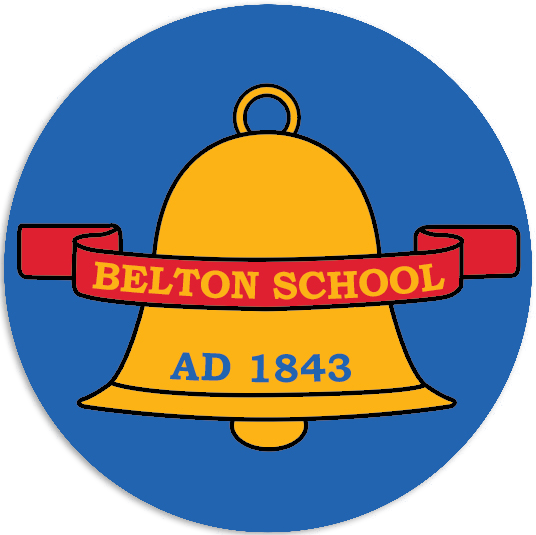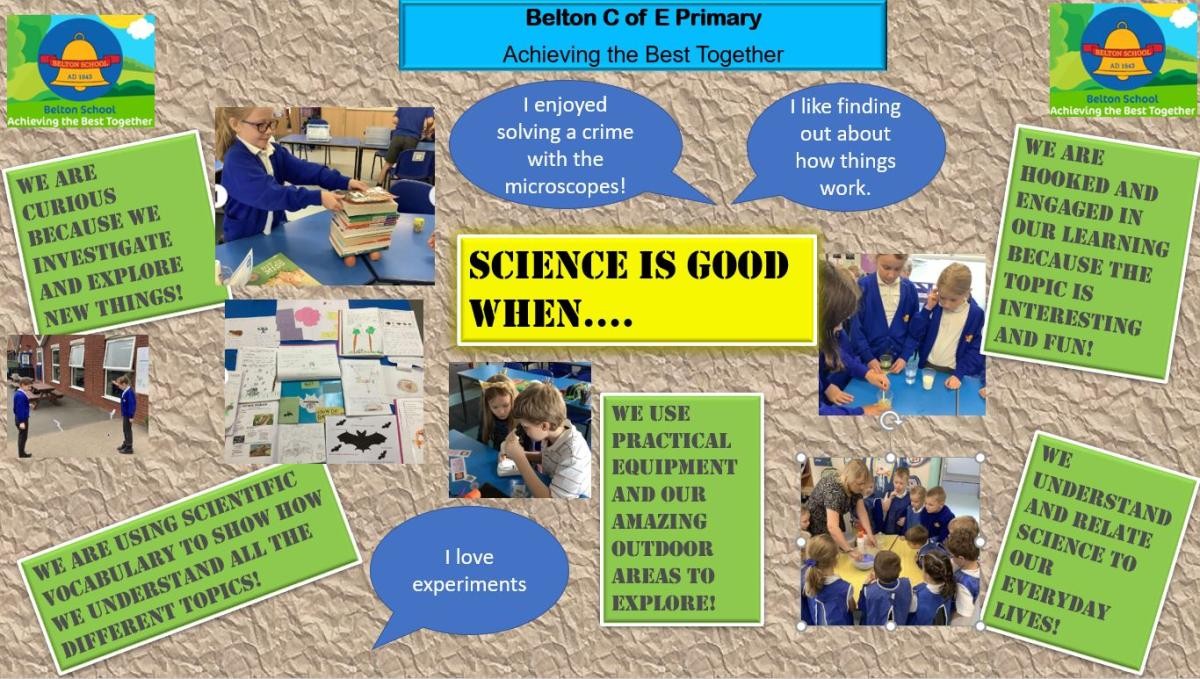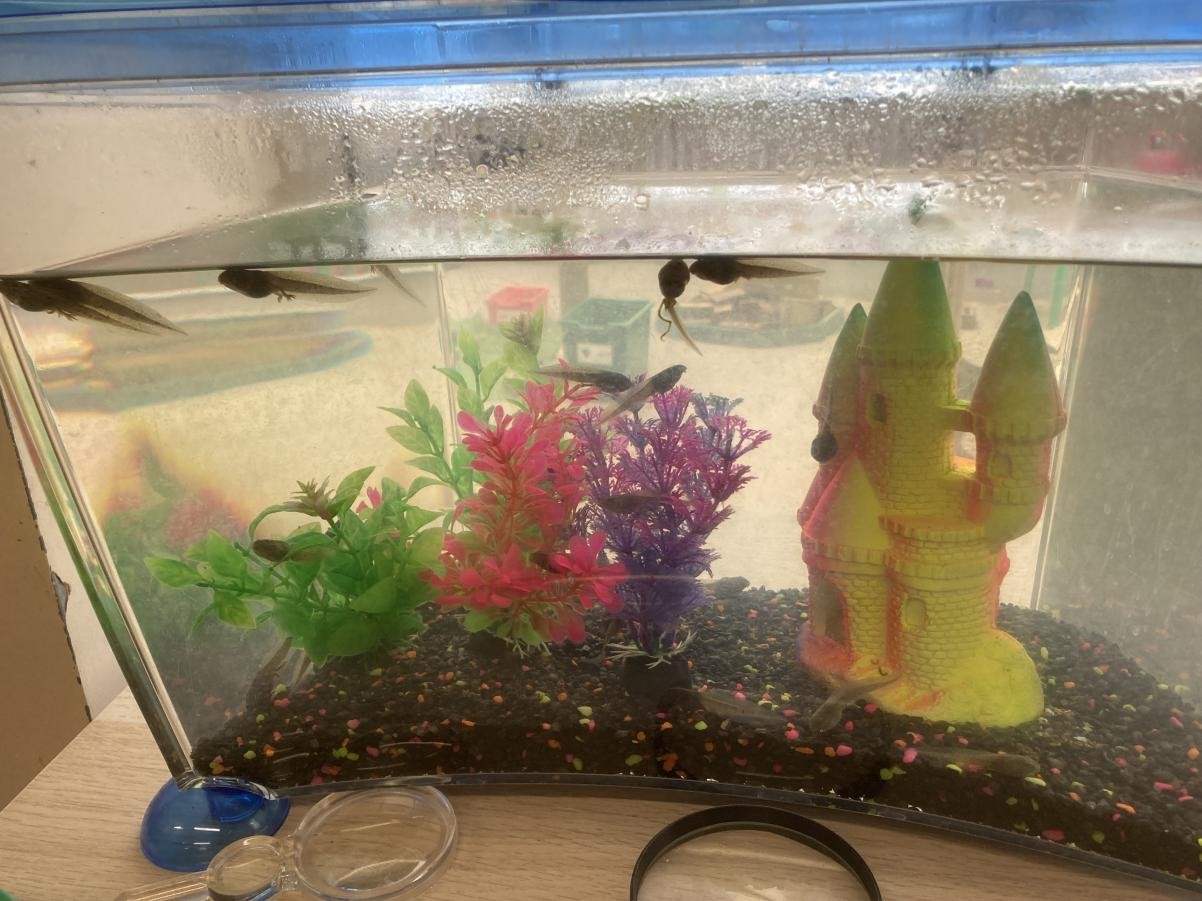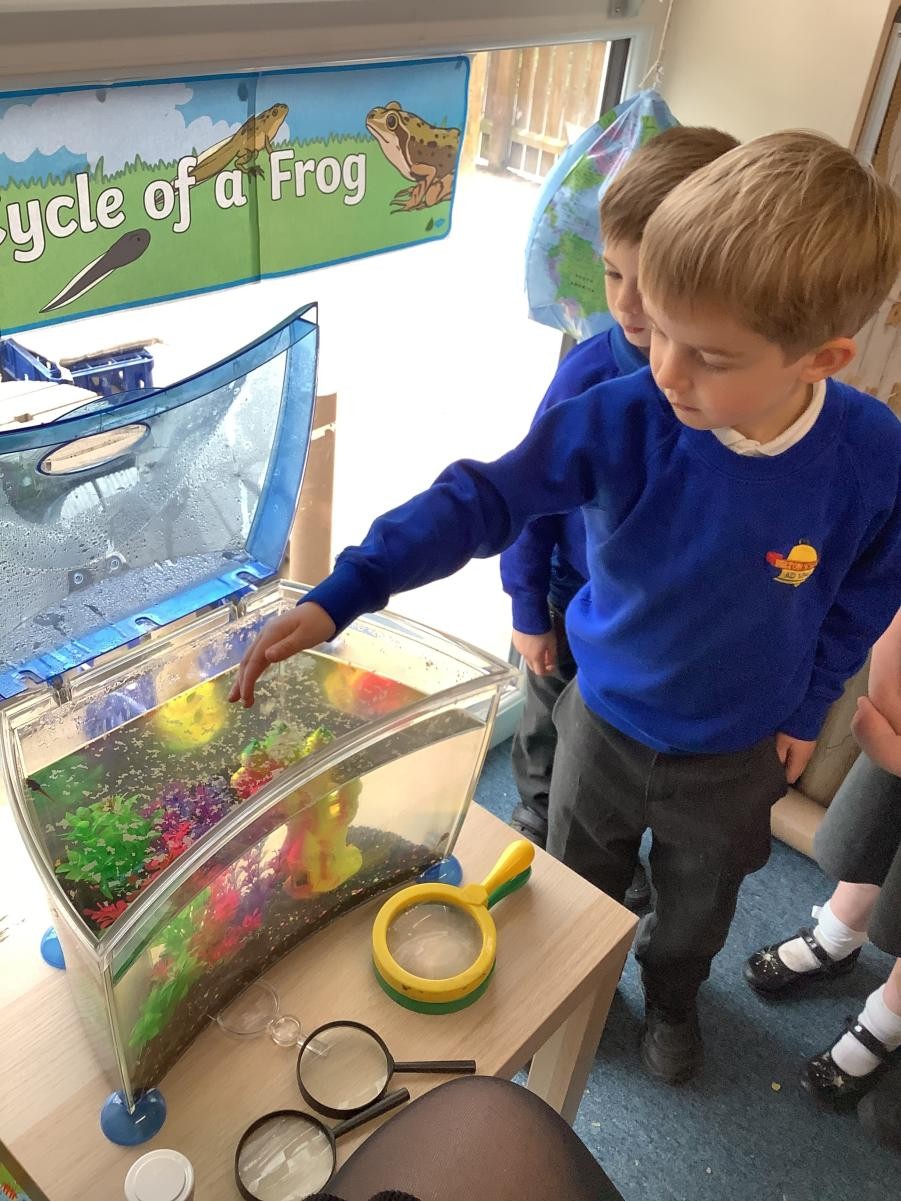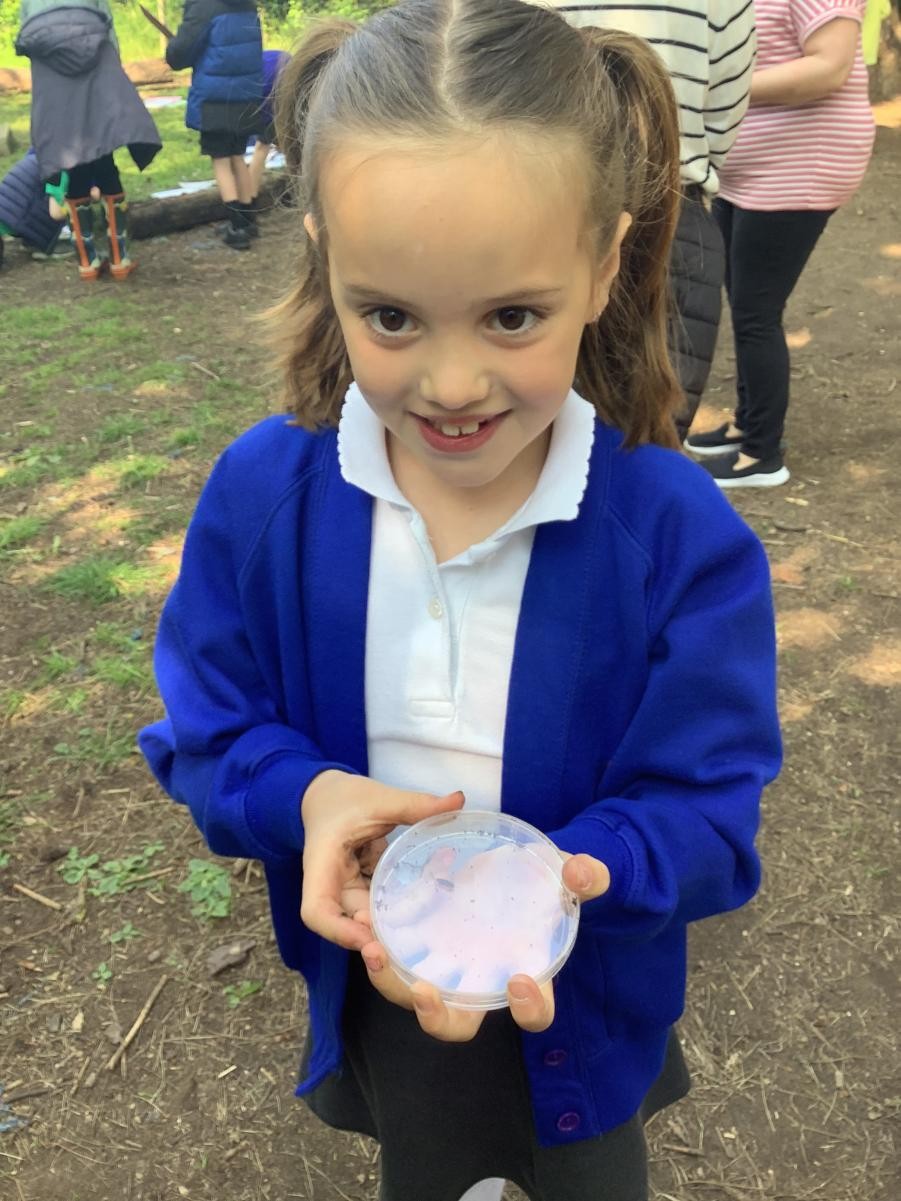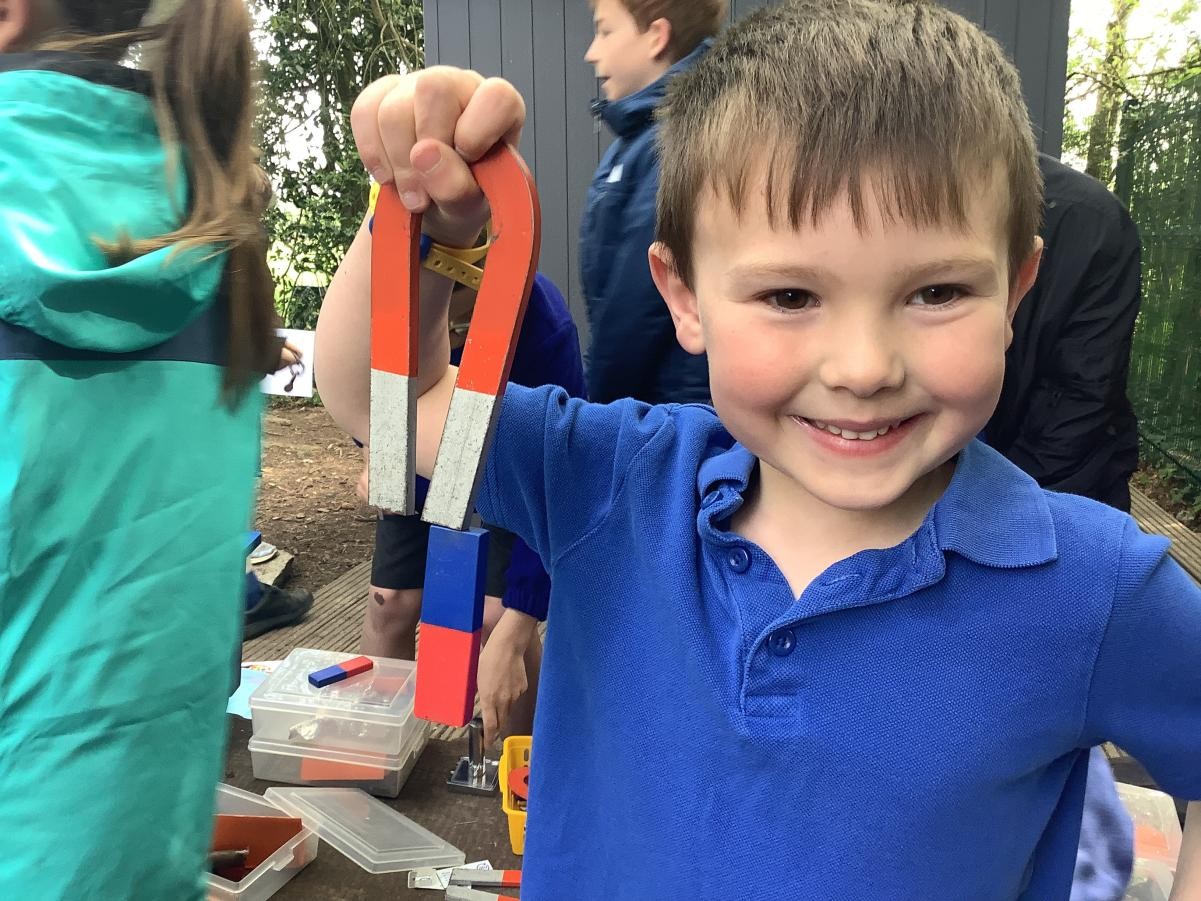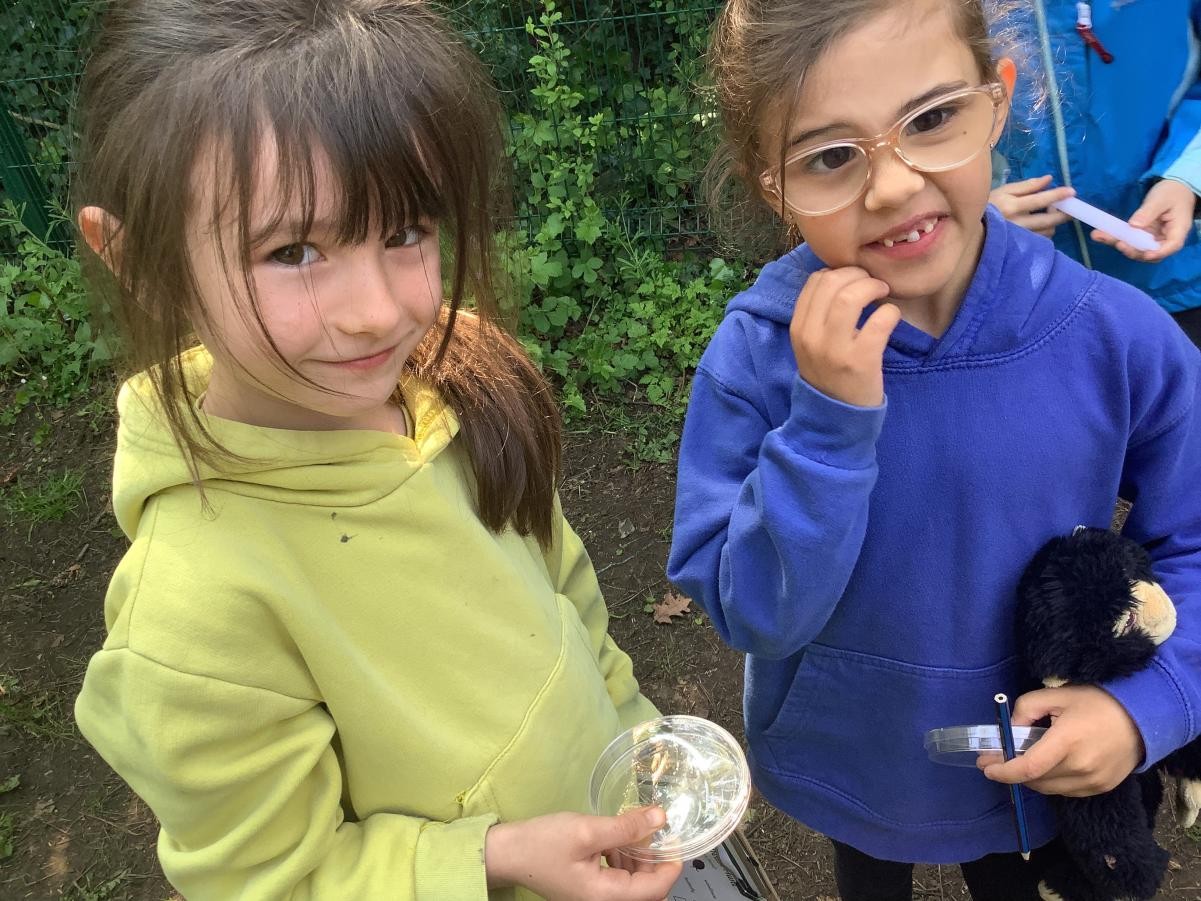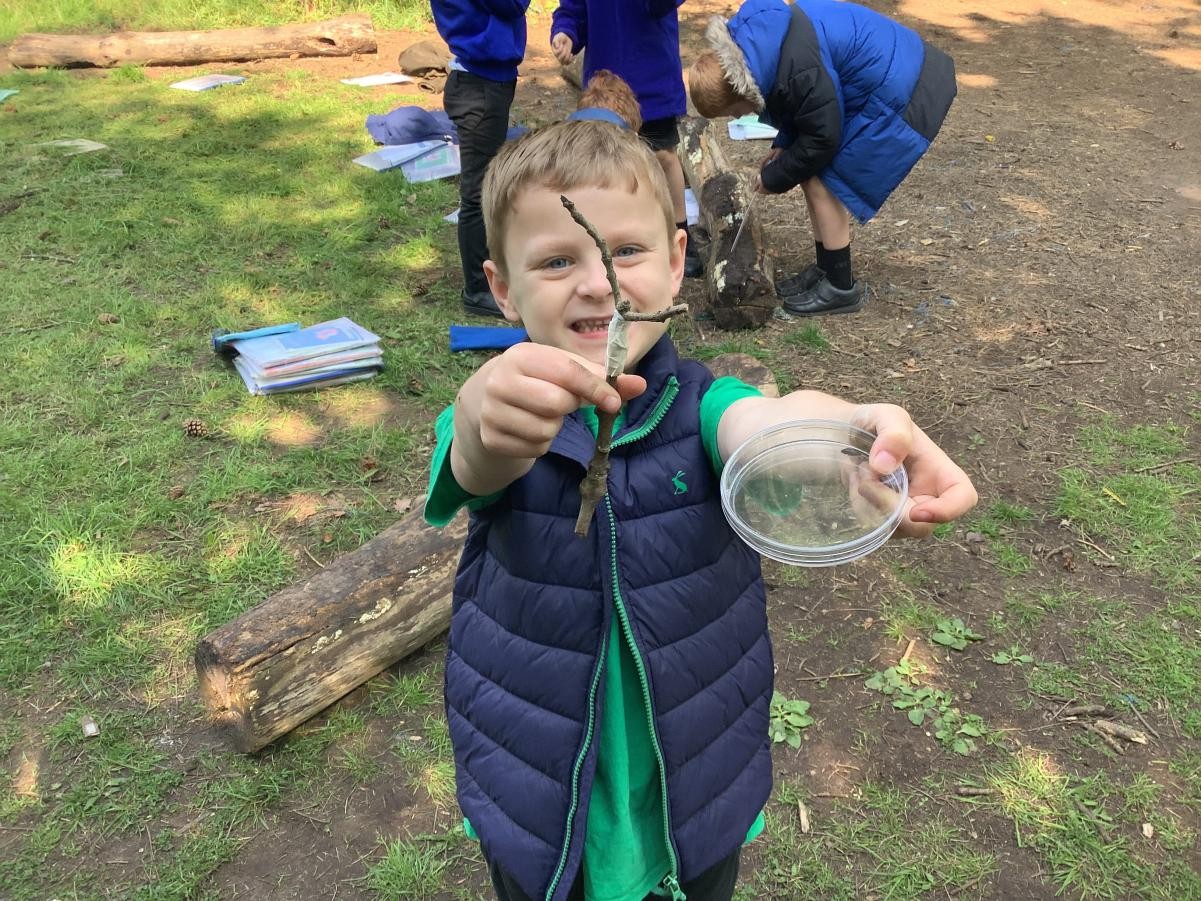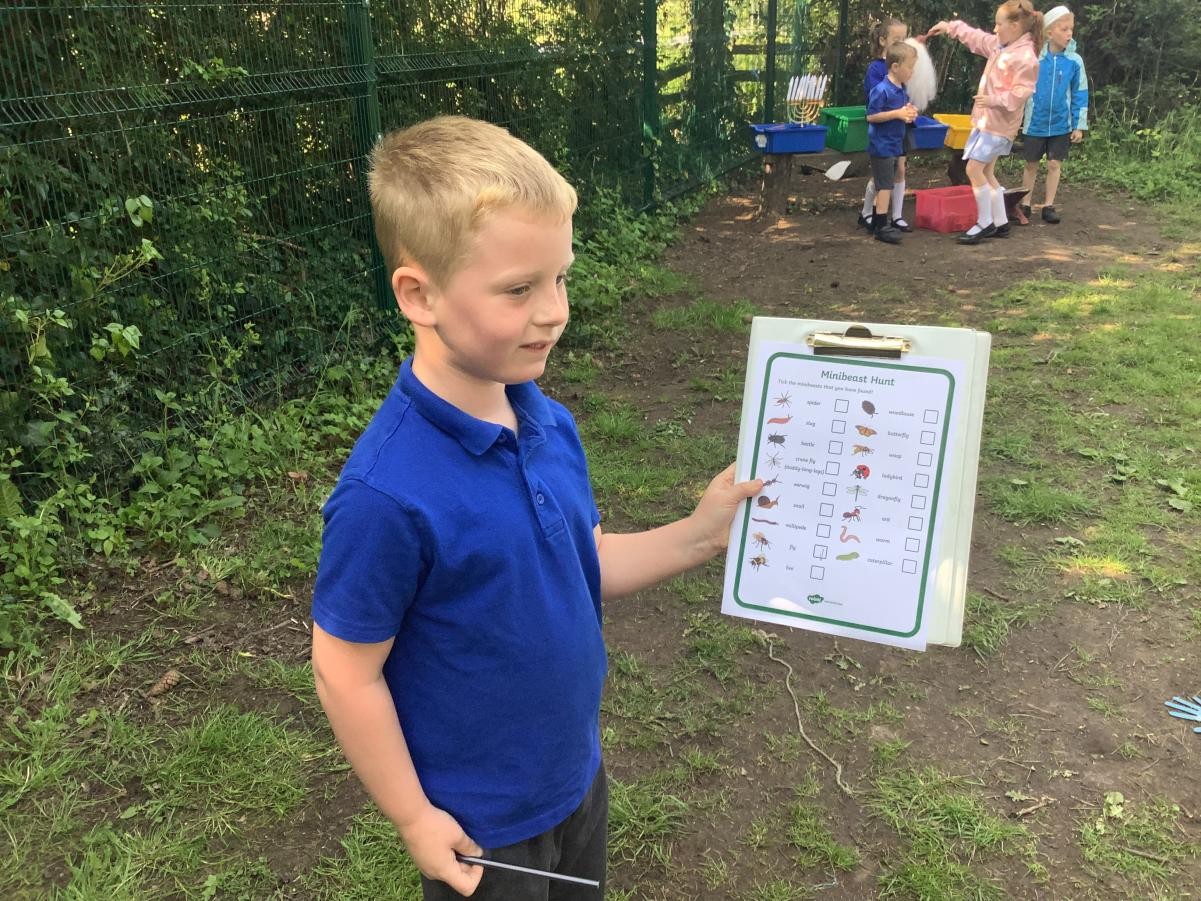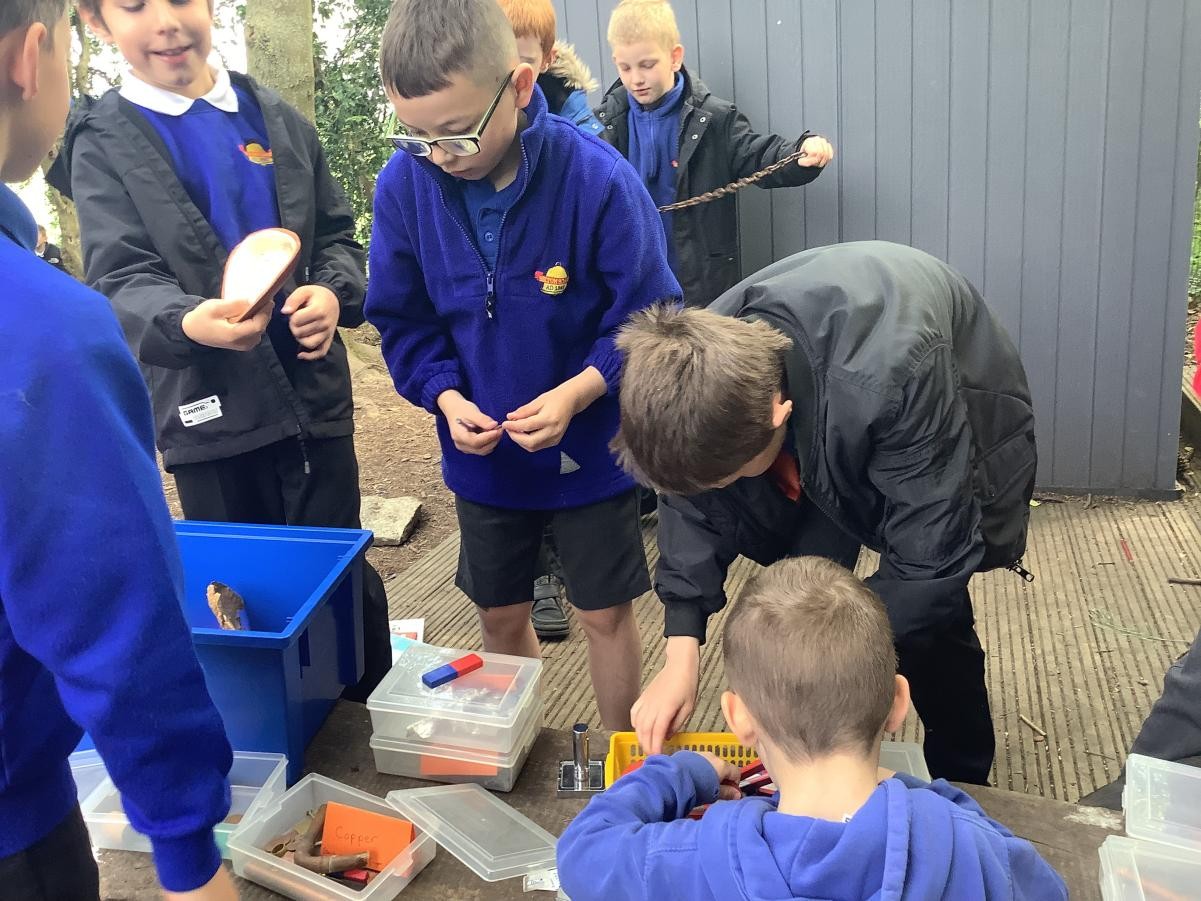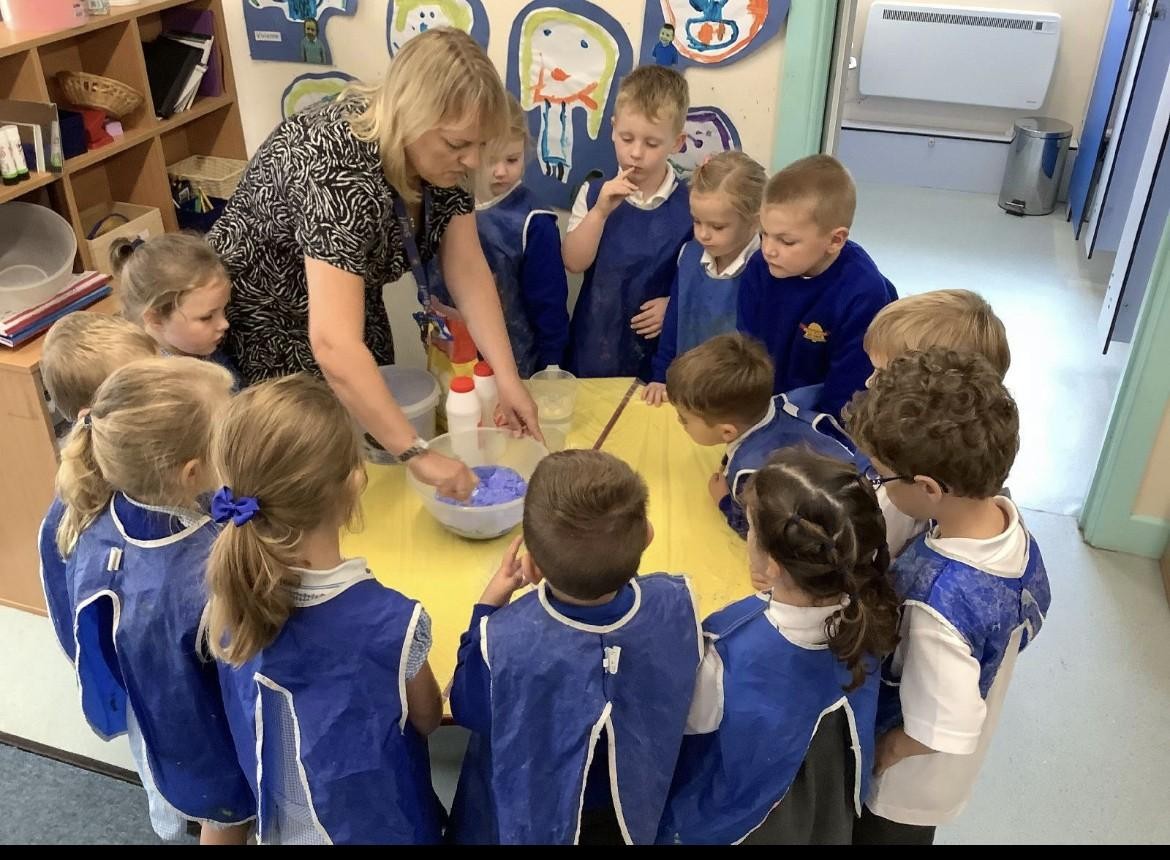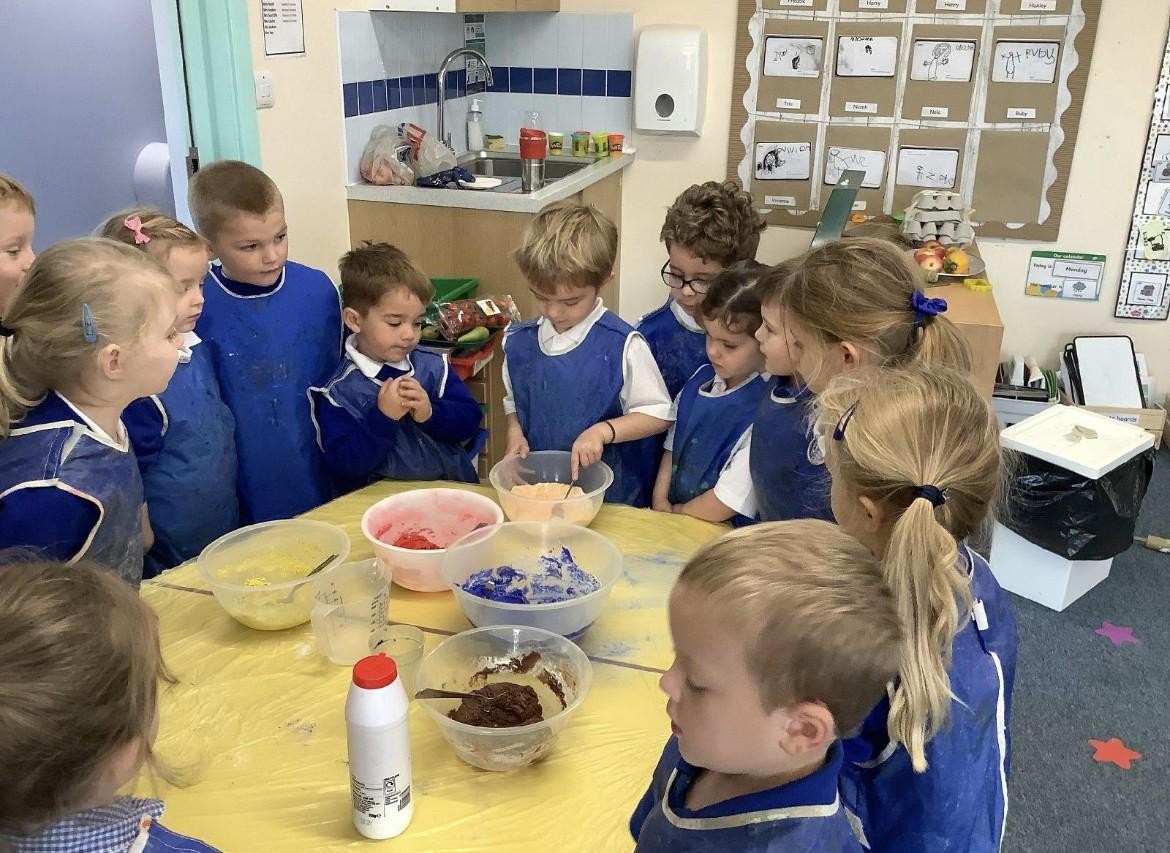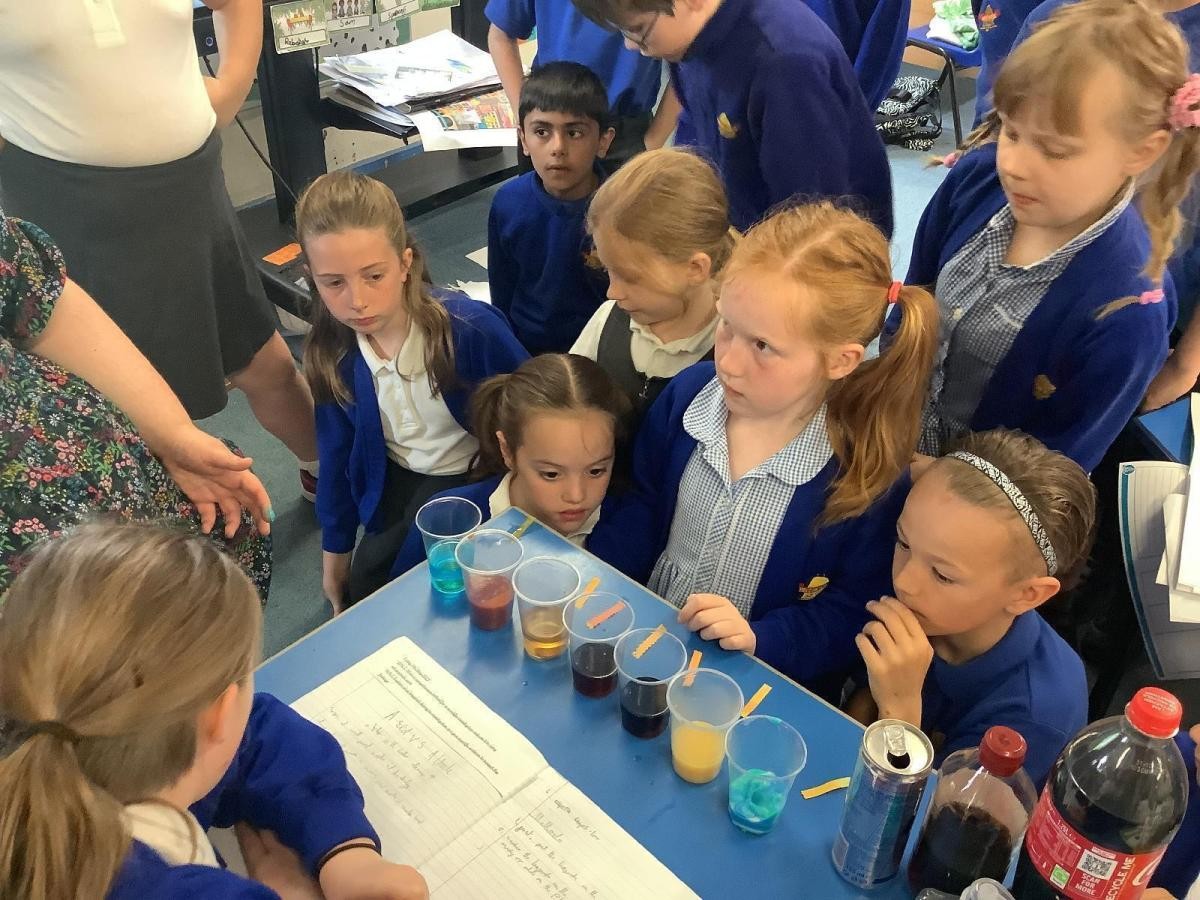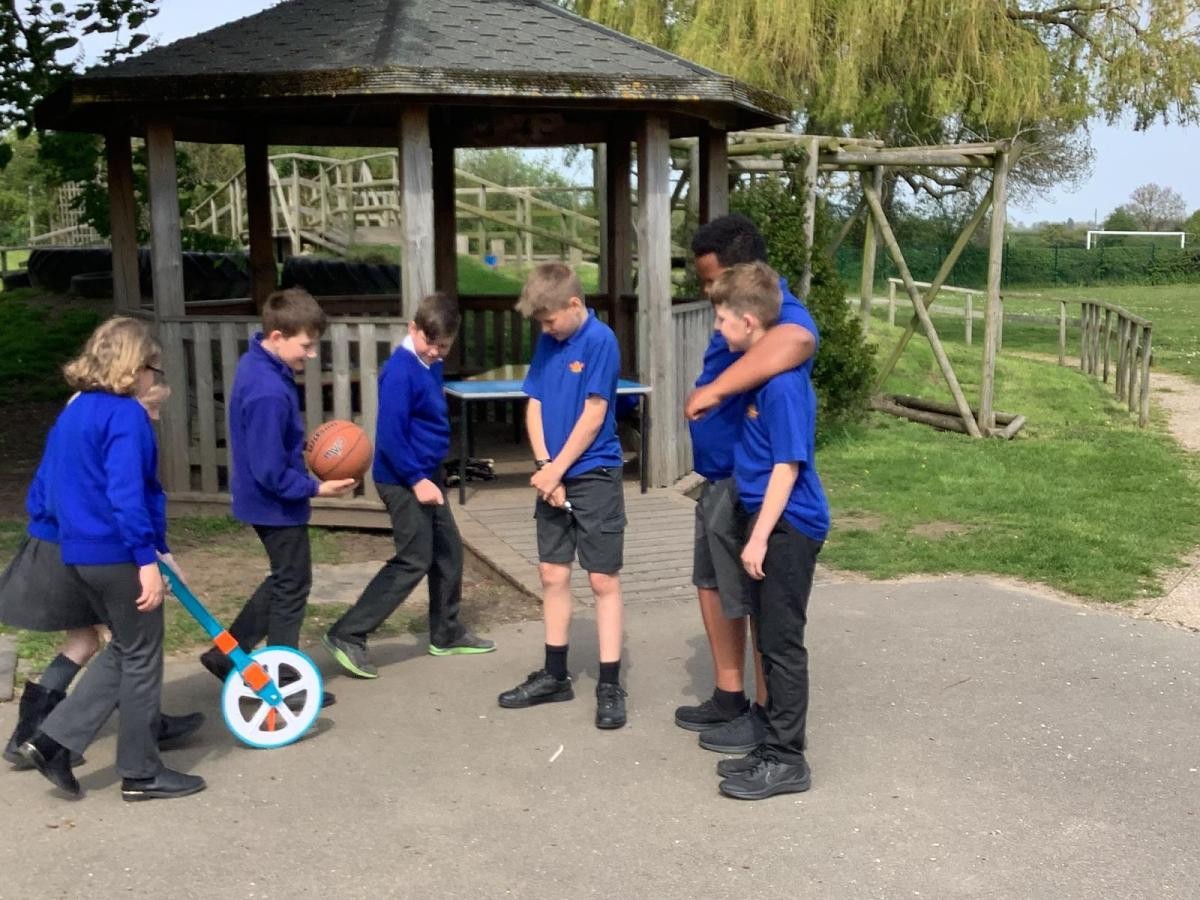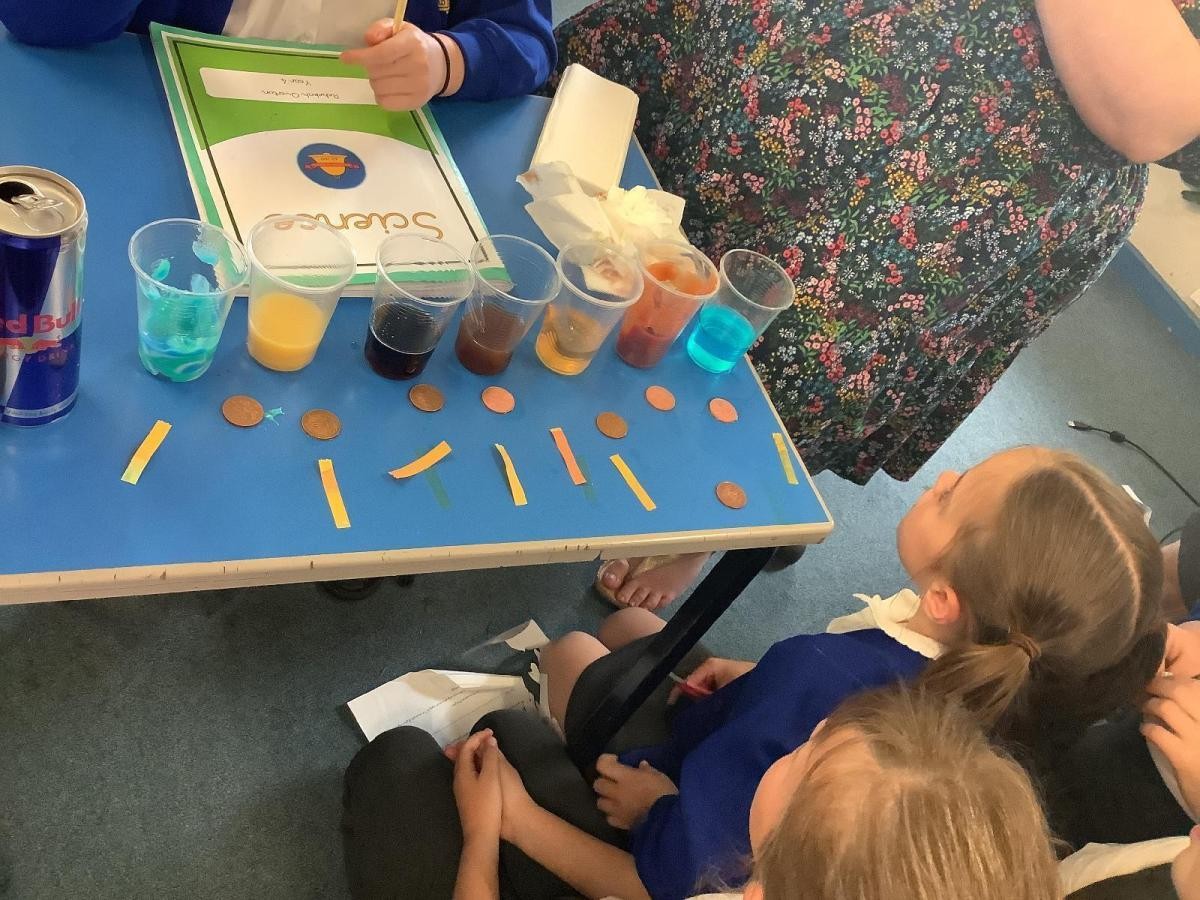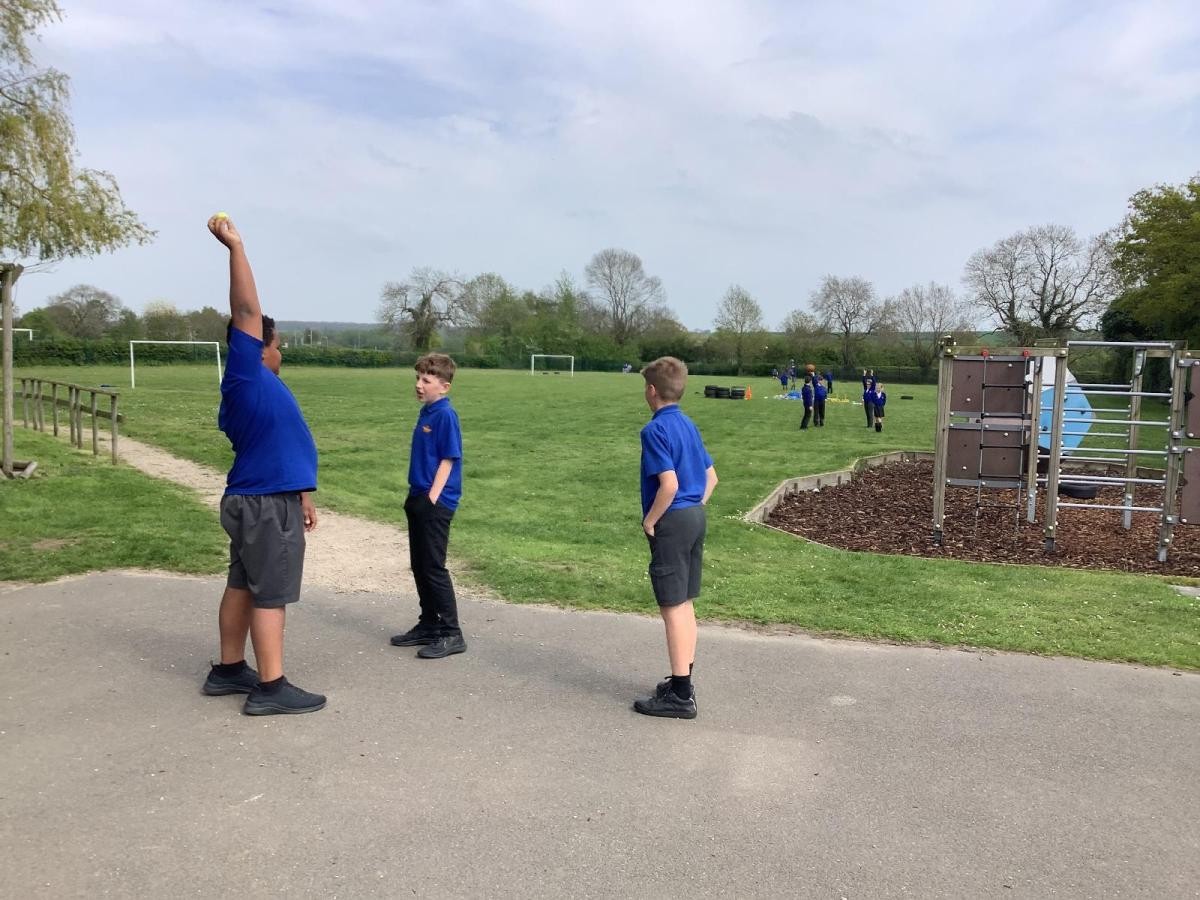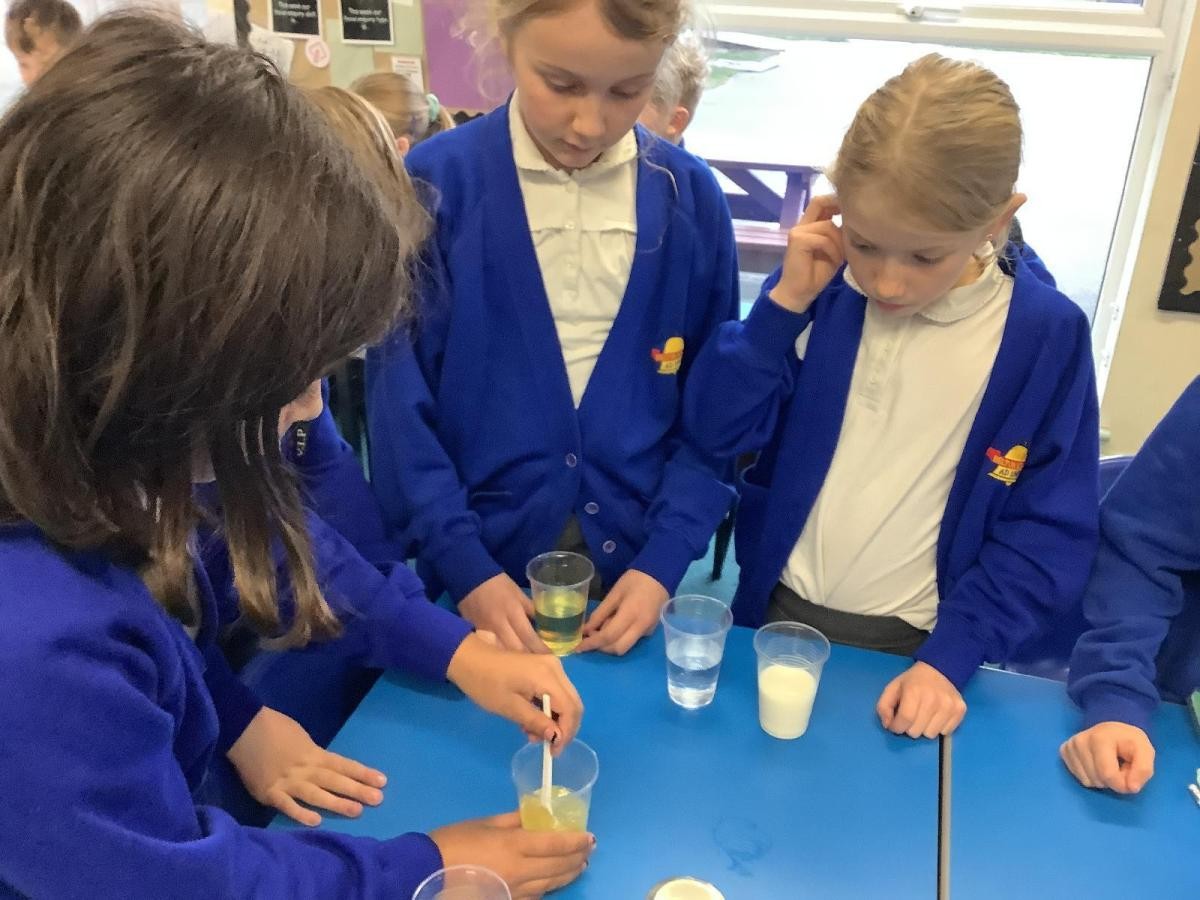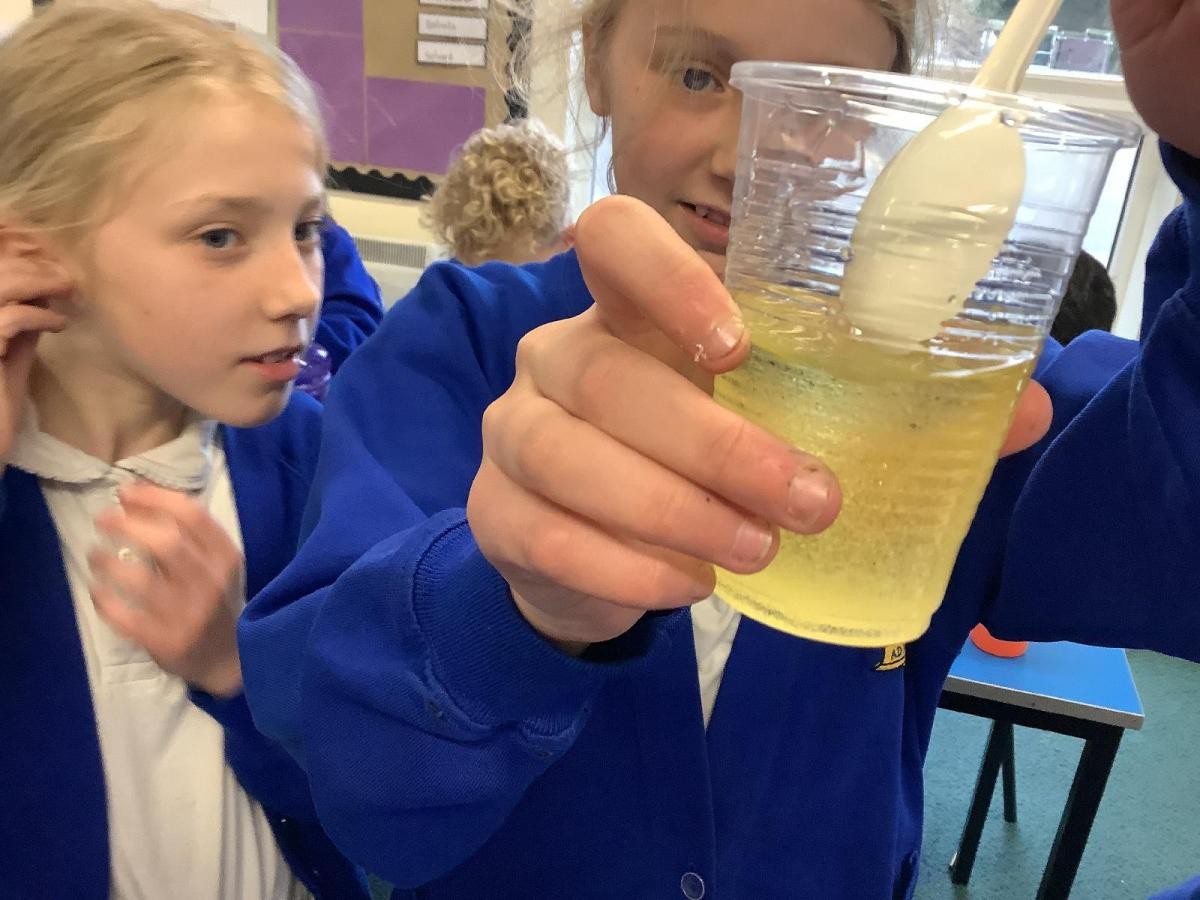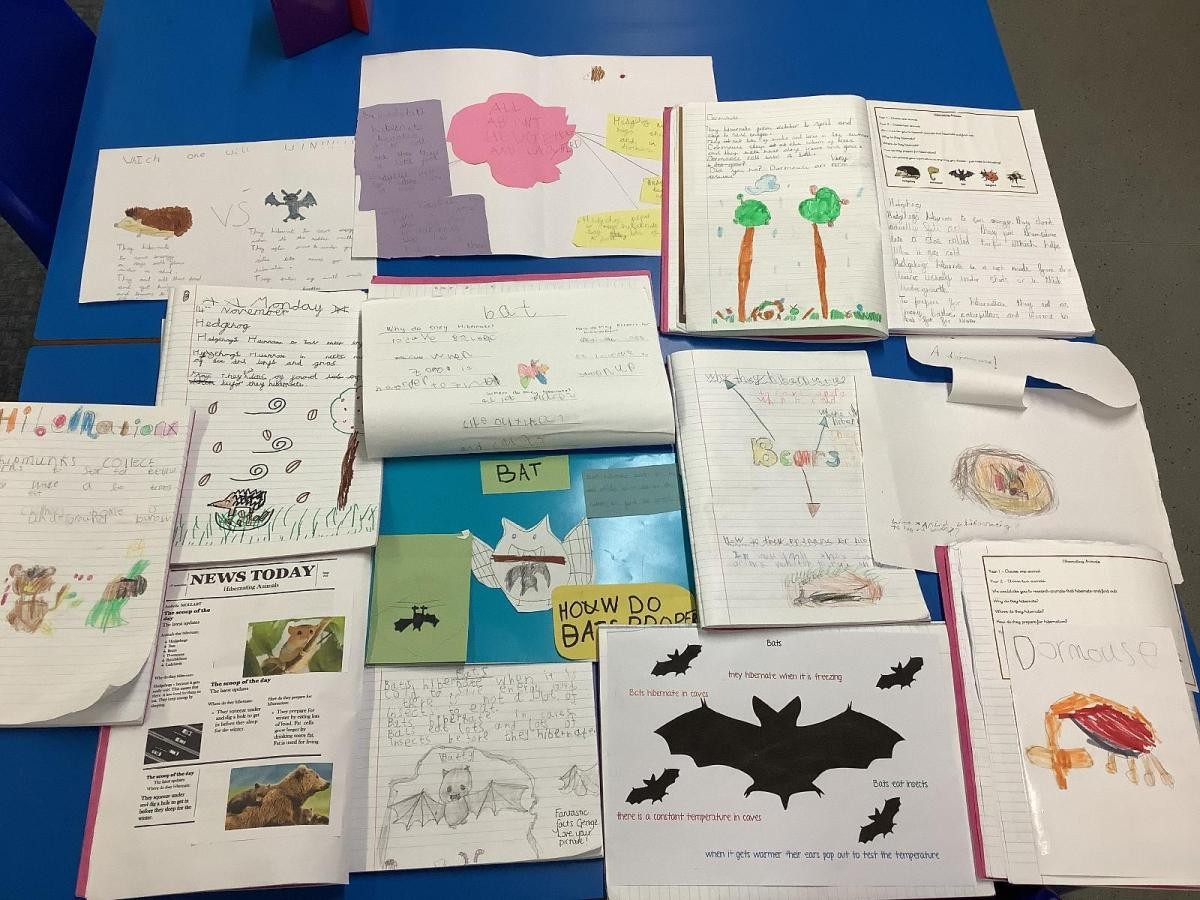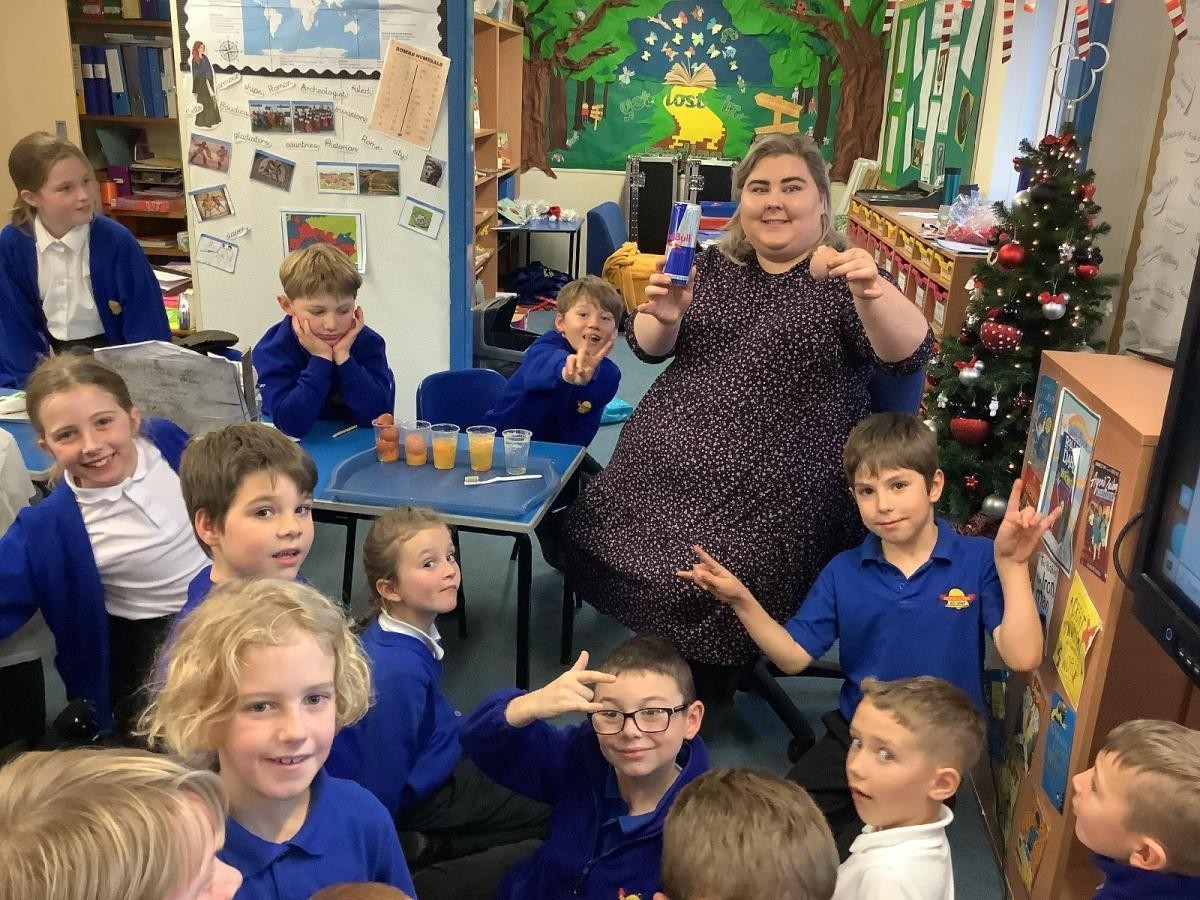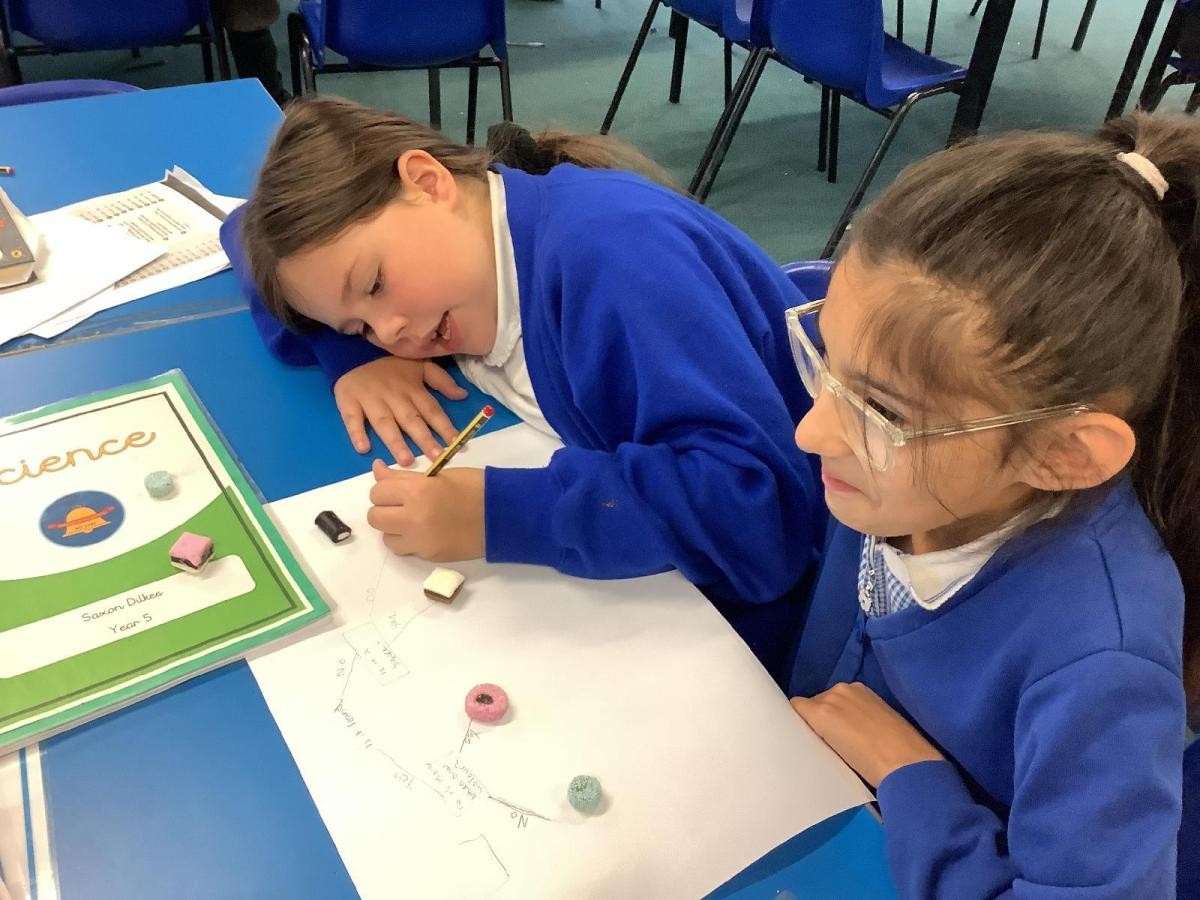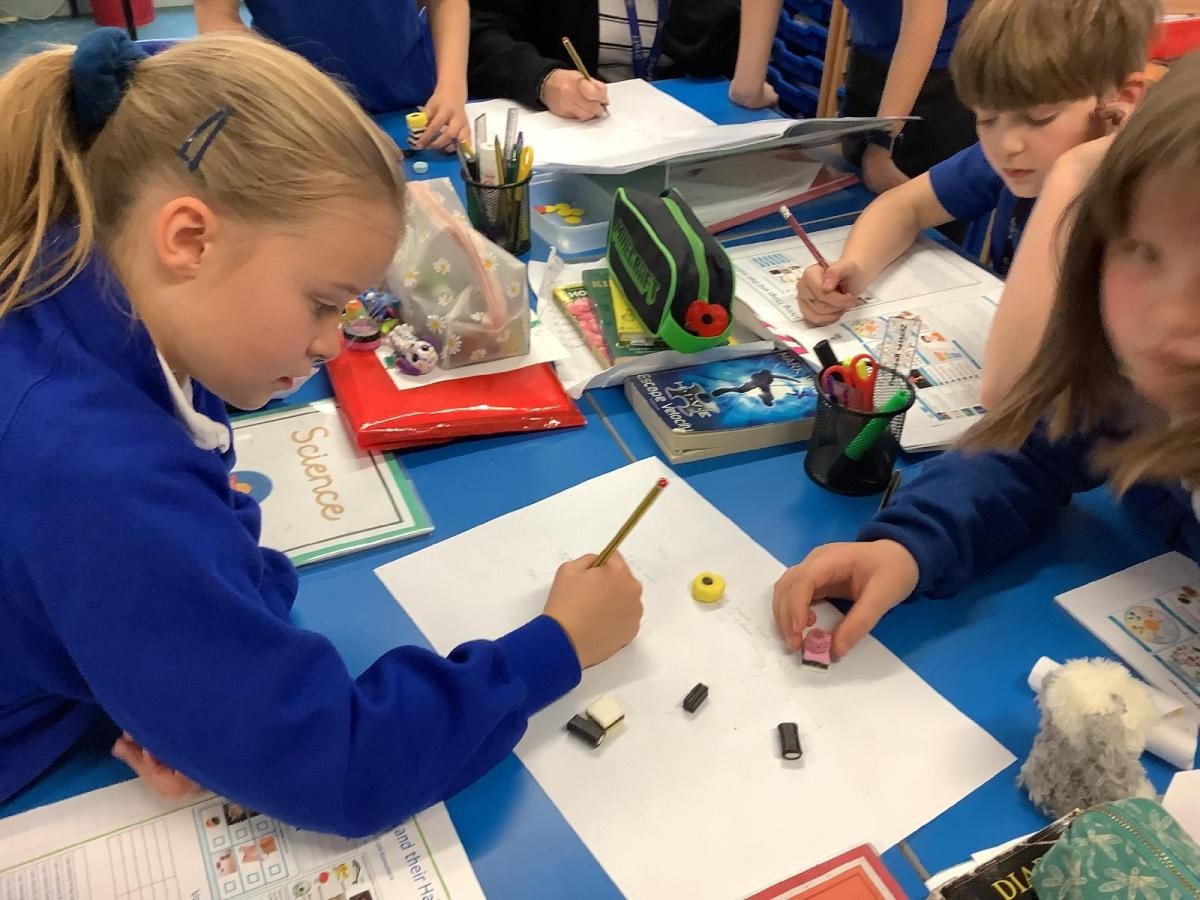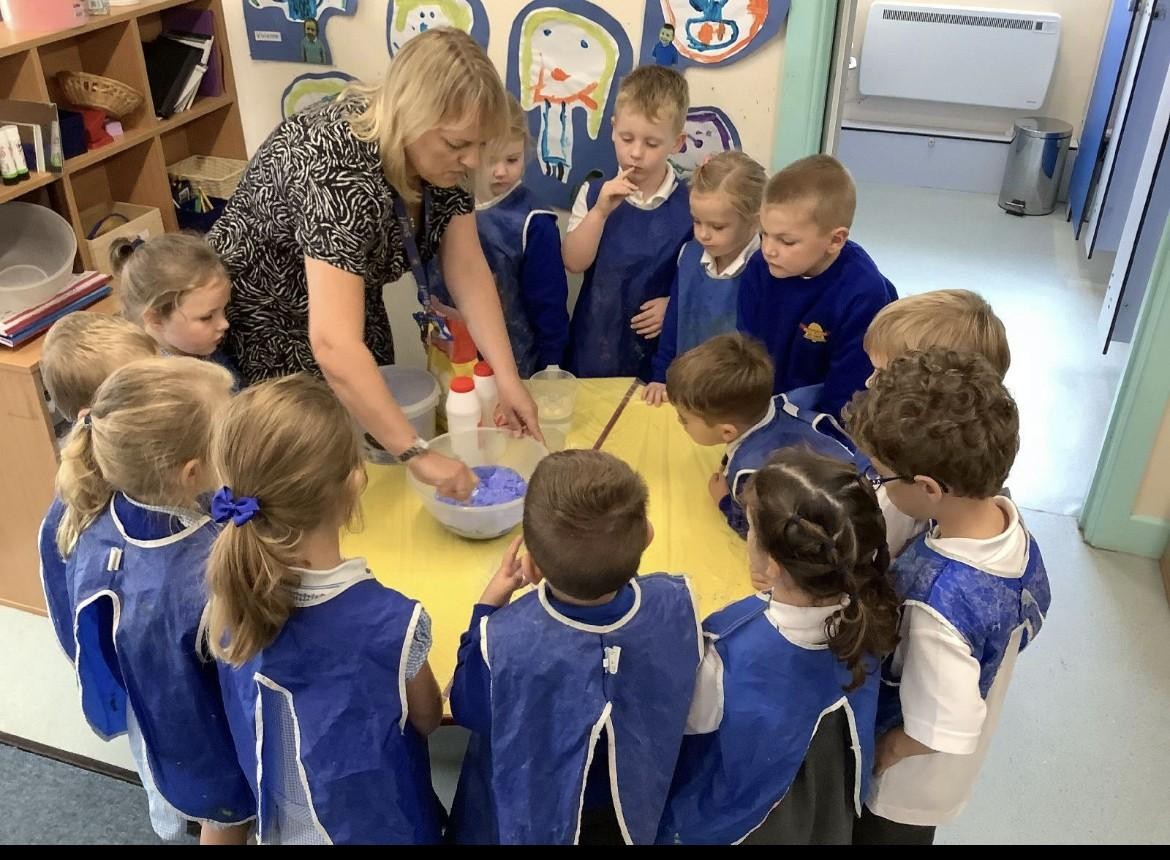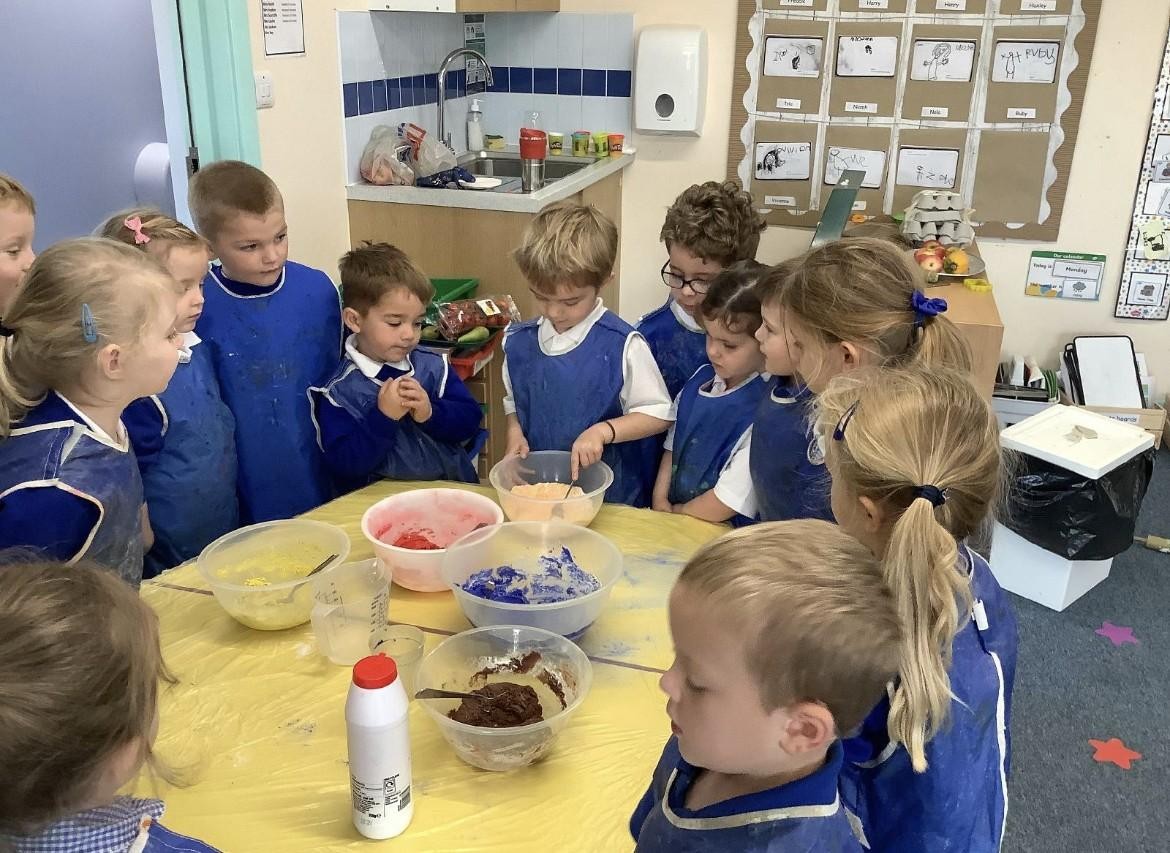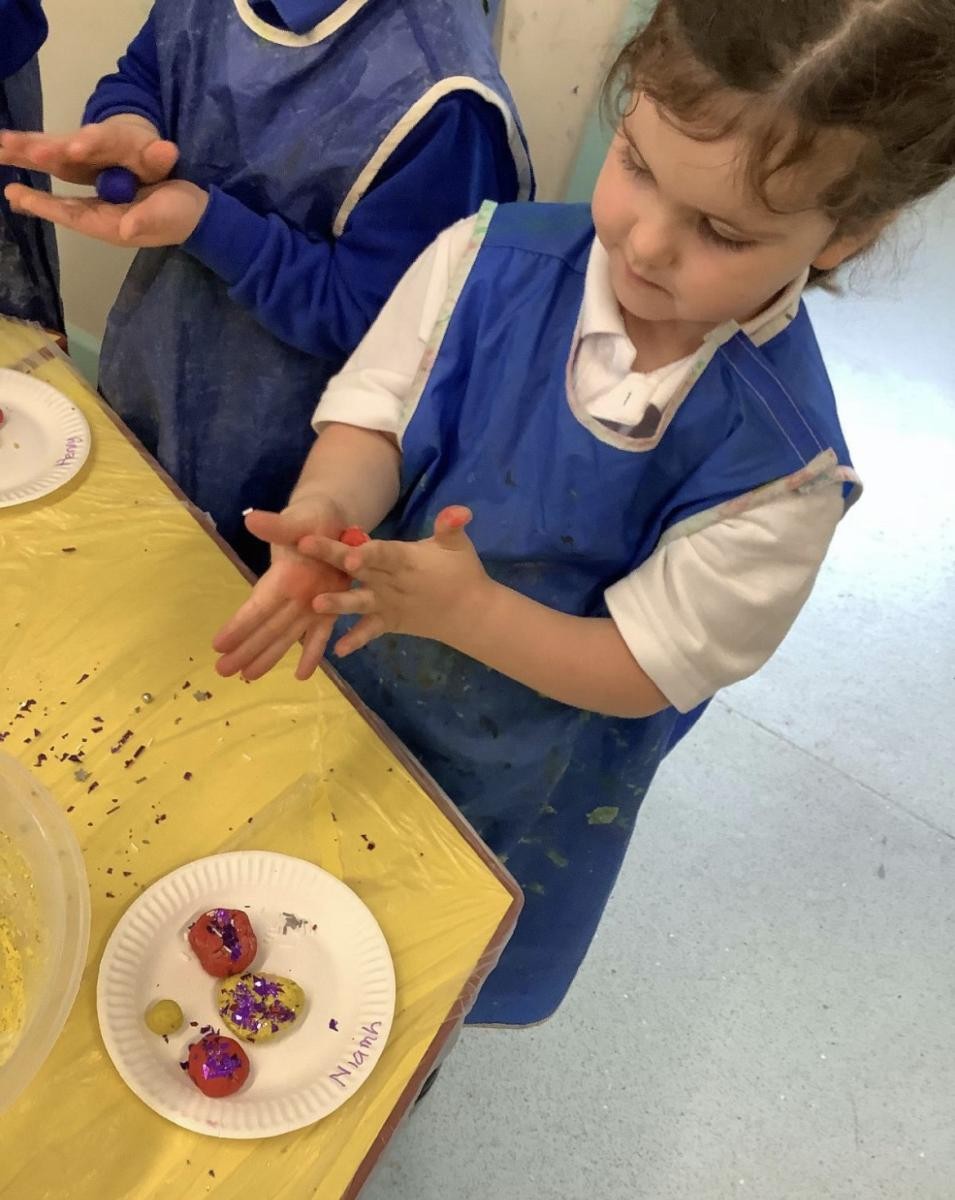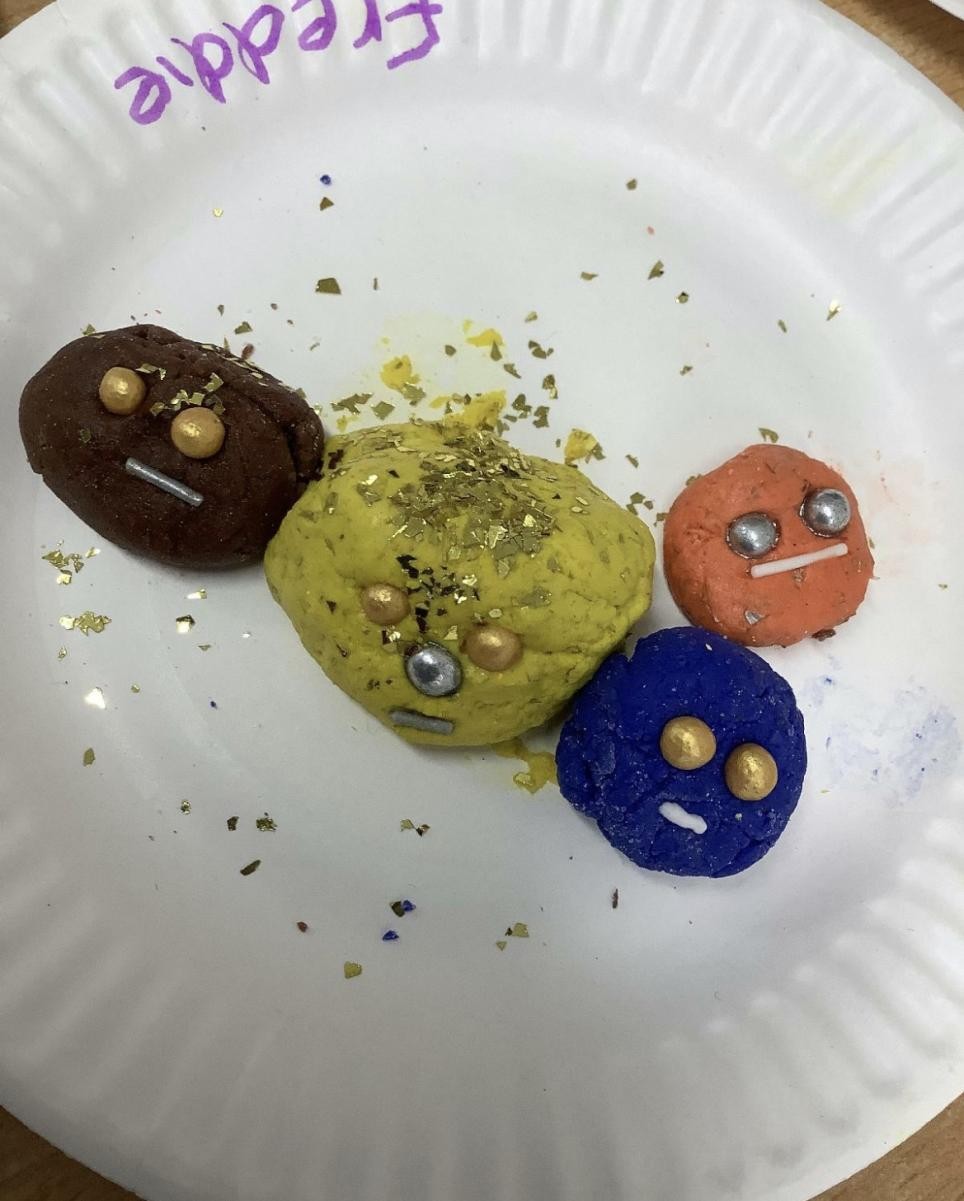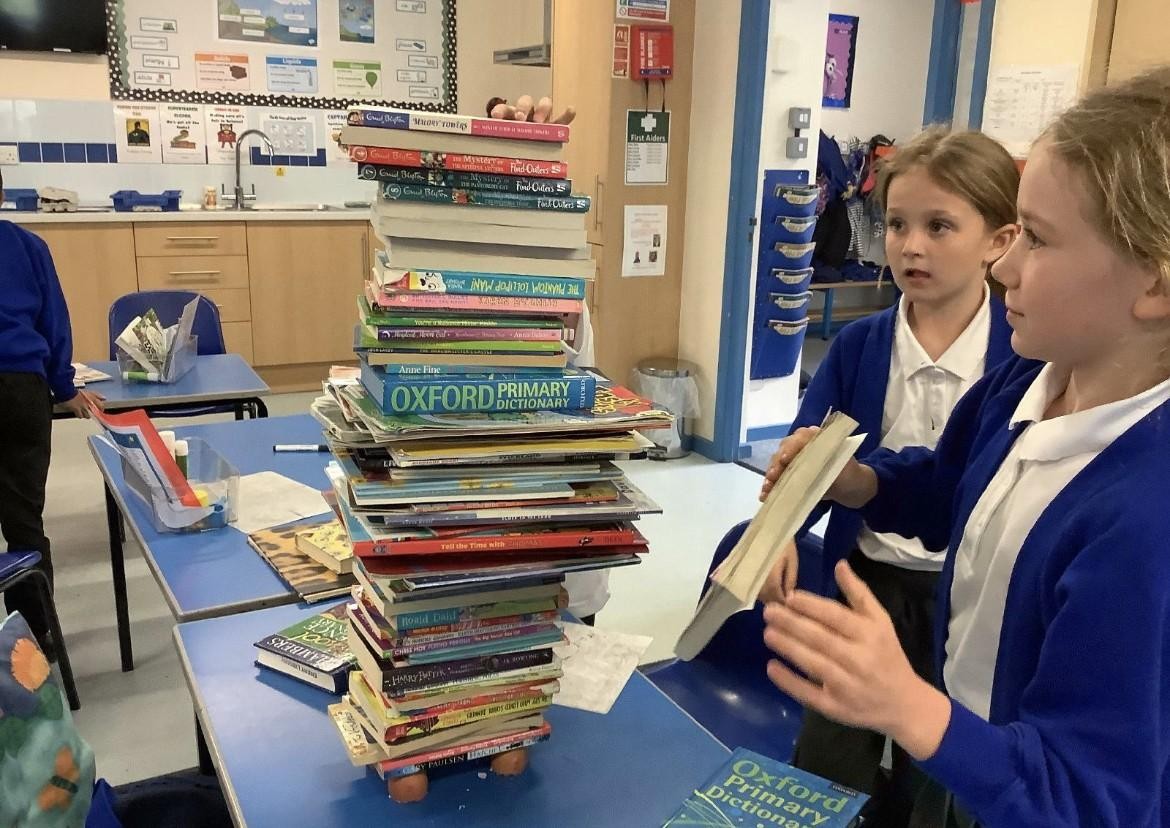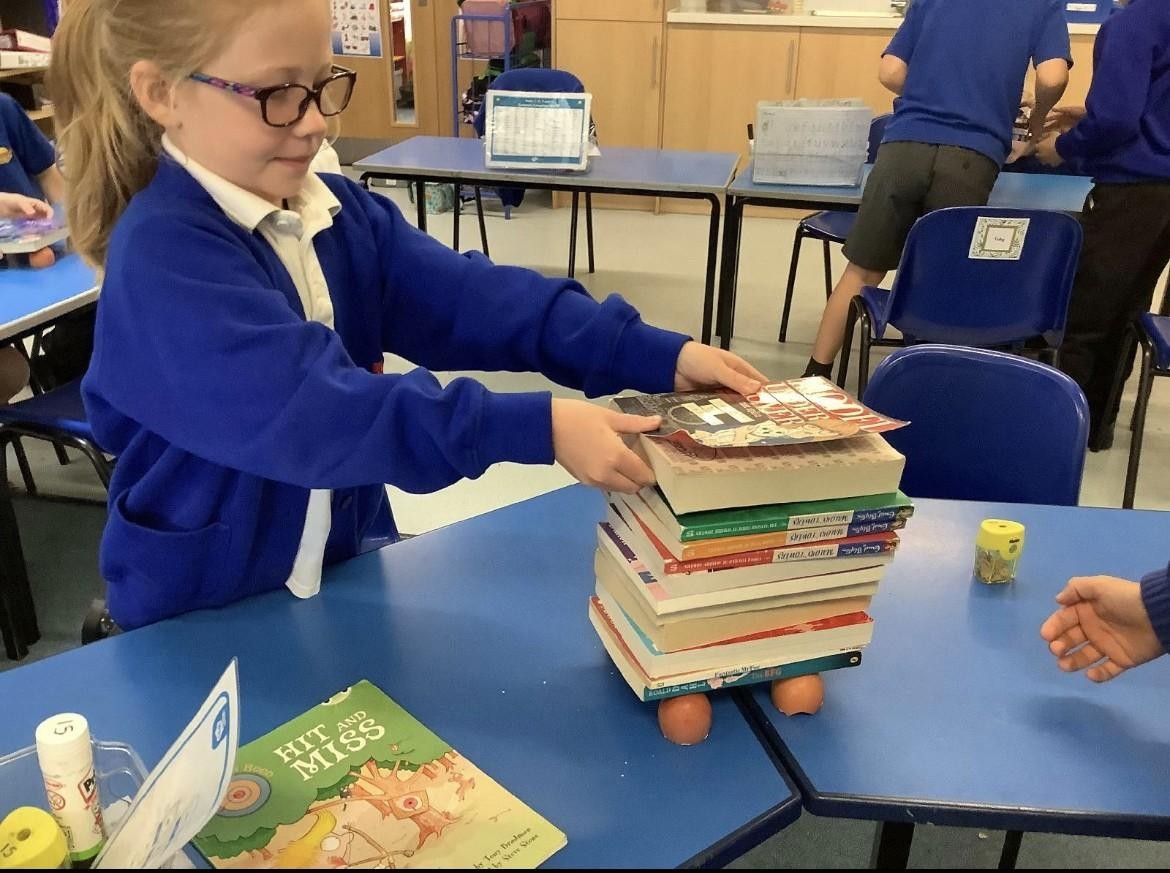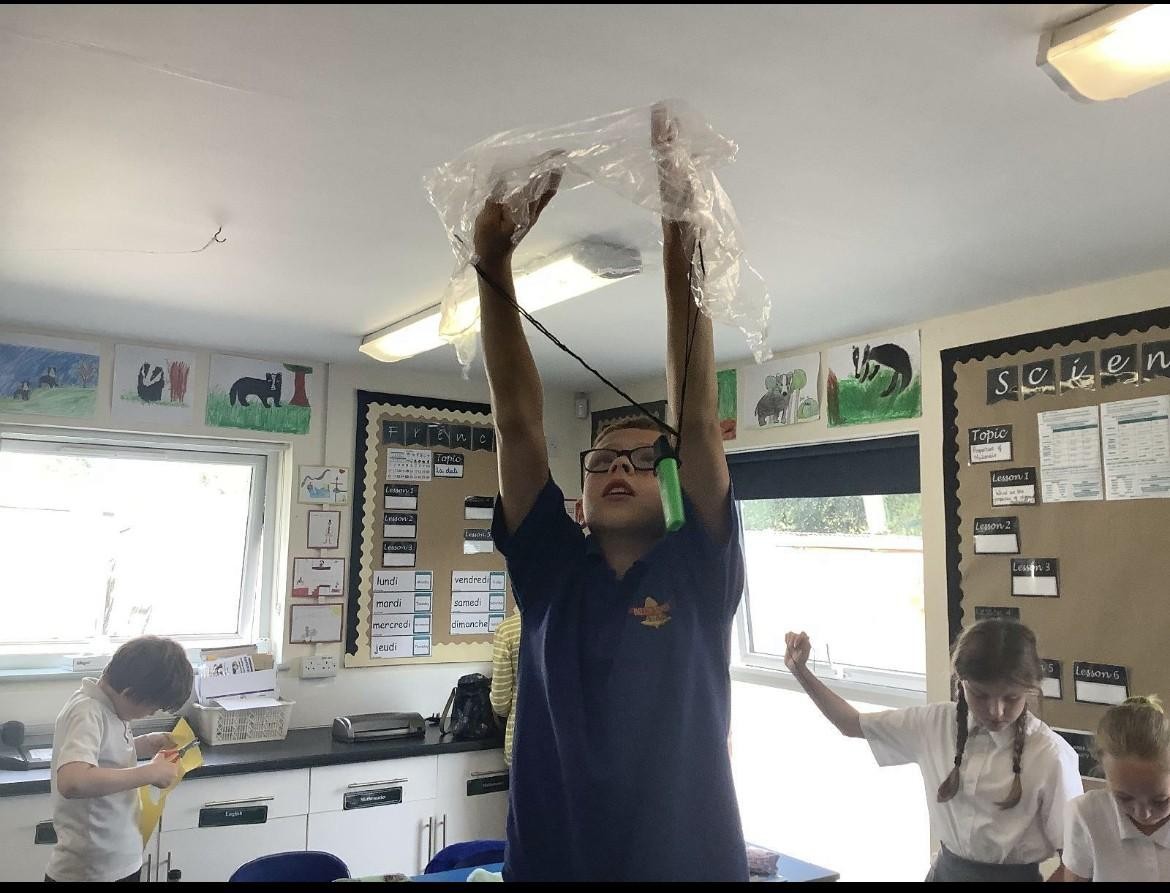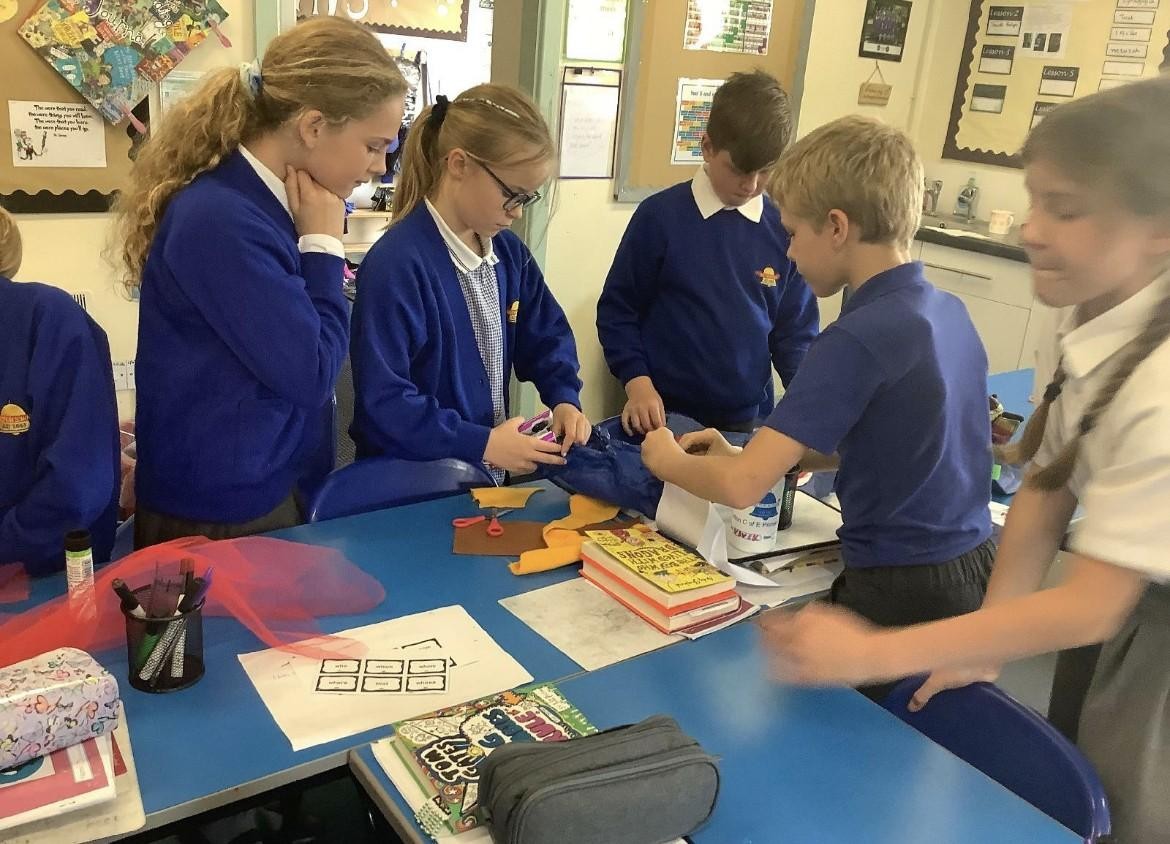A Belton scientist can investigate and question the world around them; conducting experiments and recording their findings using appropriate scientific vocabulary. They will develop an awe and wonder about the world they live in which encourages them to question and explore.
Understanding the world involves guiding children to make sense of their physical world and their community. The frequency and range of children’s personal experiences increases their knowledge and sense of the world around them – from visiting parks, libraries and local areas to meeting important members of society such as police officers, nurses and firefighters. In addition, listening to a broad selection of stories, non-fiction, rhymes and poems will foster their understanding of our culturally, socially, technologically and ecologically diverse world. To further support their understanding of the natural world, children follow Developing Experts and use scientific enquiry skills from an early age as a basis for future learning; skills which are further embedded through play with links to all areas of the curriculum. As well as building important knowledge, playing and talking about the world around them extends familiarity with words and enriches and widens children’s vocabulary.
